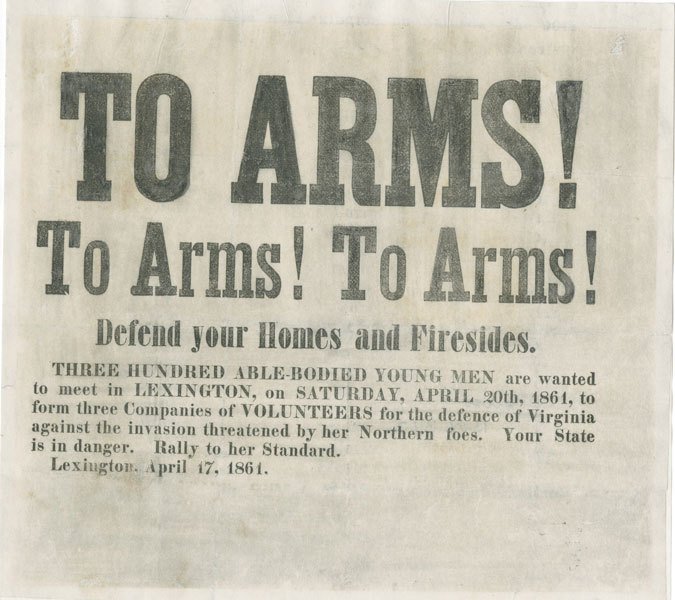
Ah, young David Johnston was but a stripling of fifteen when Virginia first debated its stance on secession. Yet, by the time the first volleys of war echoed across Virginia’s verdant fields, he had donned the gray uniform of a Confederate soldier, barely sixteen. Below, one may glimpse a photograph of the lad, a testament to his youthful vigor in the face of conflict.
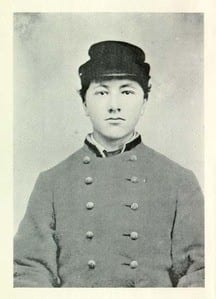
David recounts a Virginia that, even as the shadows of war loomed at Fort Sumter, clung to hopes of peace and unity. “Virginia was still for peace and the Union, endeavoring by every means within her power to avert the awful calamity of civil war,” he declares. But the winds of change were afoot, stoked by fears that the Federal Administration sought to diminish her by carving out West Virginia with the aid of federal might.
The idea of Virginia being rent asunder was met with considerable disquiet. “Virginia’s son was foremost in fanning the flames of revolution, leading to the overthrow of British tyranny and the establishment of American independence,” David explains with a touch of pride. He speaks, of course, of illustrious figures such as Patrick Henry, Thomas Jefferson, George Washington, and James Madison—giants of the American founding.
Virginia, after all, was a mother of Presidents, having given seven to the nation and parted with vast territories from which six states up to Canada were carved. Yet now, there was murmuring about further diminutions of her lands.
Despite such pressures, when the Virginia Secession Convention cast its votes, 89 favored staying the Union’s course, against 45 dissenting voices. But then, on April 15, 1861, the newly seated president summoned the states to quell the rebellion, asking Virginia for 2,400 men.
In David’s poignant words: “Virginia was a Southern state, in sympathy with her sister states of the South, and could not be induced to make war on them, nor on the Northern states of the Union.” It seemed the Federal Administration’s conduct had driven her from the Union, forcing her to choose sides in the looming conflict. “It was not a Southern Confederacy that Virginia sought or her people fought for, but to uphold and maintain the integrity and sovereignty of the state, and this necessarily meant separate government,” he noted.
![]()
David solemnly recalls, “The die was cast. There could be no further hesitation. On April 17th the Ordinance of Secession, amid anguish and tears, was adopted by a vote of 81 to 51.” Five weeks thereafter, Virginia’s populace affirmed the Ordinance of Secession at the polls, with 96,750 of 161,018 votes cast in favor—a resounding sixty percent.
Merely eight days post the vote, David and his fellow volunteers rallied to form their company, stepping into the annals of history with a mix of valor and trepidation.
Thus unfolds the tale of David Johnston, a youthful soldier amidst the tumult of nations—a Virginia son cast upon the stormy seas of civil discord.
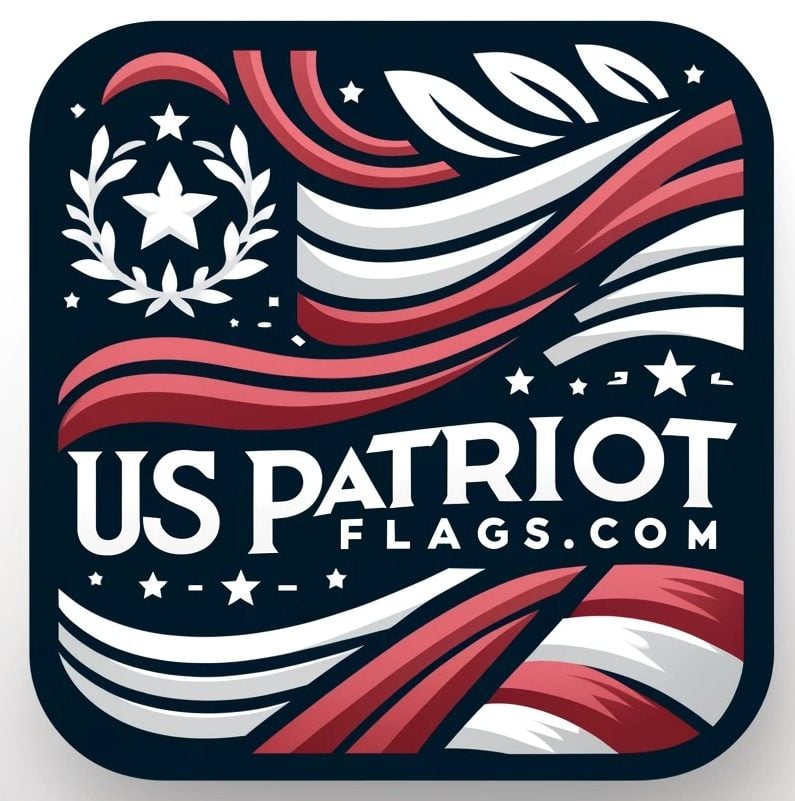
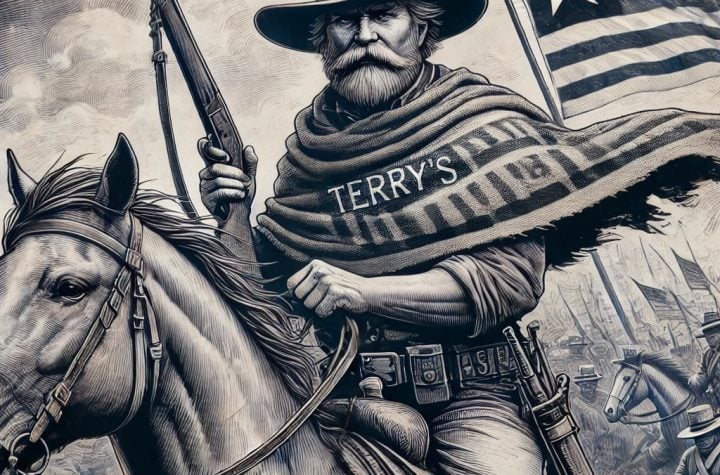
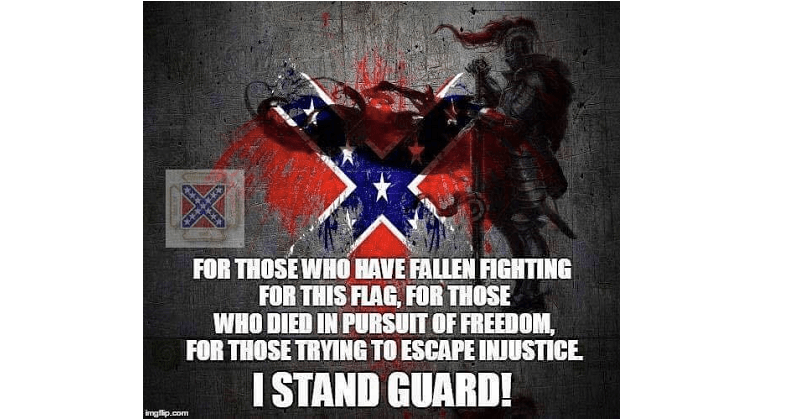
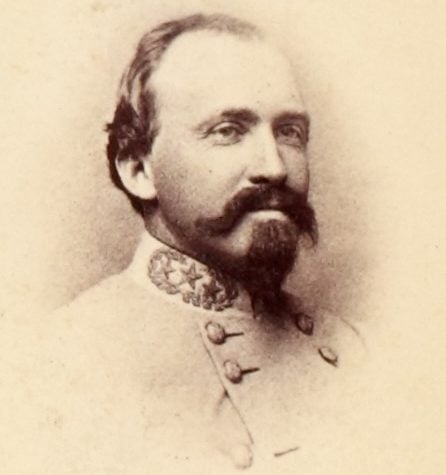
More Stories
General Dwight D. Eisenhower’s Reflection on Robert E. Lee
Sad Woke Charlottesville liberals Melt down infamous statue of Robert E Lee
NC Appeals Court rules for Town of Louisburg in removal of Confederate monument